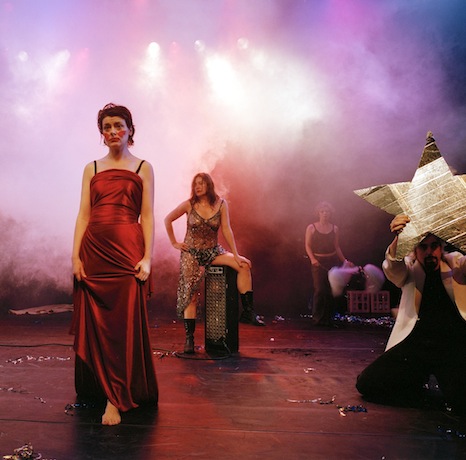Extract from interview with Steve Waters
Sarah Kane
Extract from interview with Steve Waters
Sarah Kane is one of Britain’s greatest playwrights. She challenged and disrupted British theatre in the ’90s and her five plays are a remarkable legacy. She took her own life in 1999 just after completing 4.48 Psychosis.
I returned to my interview with Steve on the 20th anniversary of Kane’s death and thought that it was worth sharing his memories of her as a stand alone interview.
Steve Waters is a writer for stage, radio and screen. He is also very involved in the new playwriting scene. Steve has written about the pedagogy of playwriting and the nature of plays. He has been a participant in shaping arts policy for new playwrights. He ran the Playwriting MPhil at Birmingham University before moving to lead the Creative Writing MA at the University of East Anglia. Steve has been described as ‘one of the UK’s most accomplished political playwrights’. Steve attended to the Playwriting MPhil with Sarah Kane in 1992.
PC: What were your early experiences with Sarah Kane on that course?
SW: I can tell you exactly how it began: I was late for my first seminar I had gone for a walk into Birmingham thinking that I was nearer to the campus than I actually was. Unfortunately, it is an all too common experience for me. I walked into the room and David Edgar was sitting across the room in his usual black jacket looking like a Marxist from the 1970s. And a young woman in a leather jacket with short blonde hair and a piercing was sitting by the door. Very beautiful, she was an extremely beautiful person Sarah, ‘Saz’ as we knew her and I just thought, “You’re a really nice person.” She was very friendly; I think that she found it quite a traumatic year.
PC: Why was it traumatic?
SW: She’d been this incredibly successful, very bright student at Bristol University, I think she did a year doing other stuff possibly. Then came to Birmingham, the only game in town at that point. It felt, I think, for her, quite male, quite middle aged. There were only three women on that course that year. She just wouldn’t take, you know, Sarah’s gay, she was a woman and she was angry about that kind of stuff. She also didn’t want to be identified with certain things too. She was an extremely political person but in a much more immediate way than me. It was different to anything I’d experienced as “politics” before.

